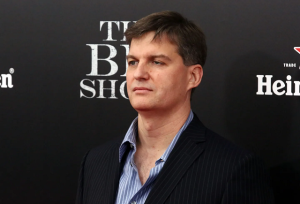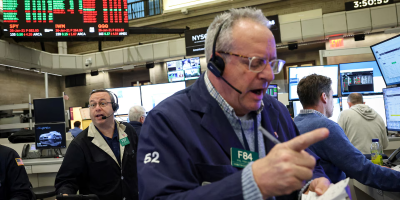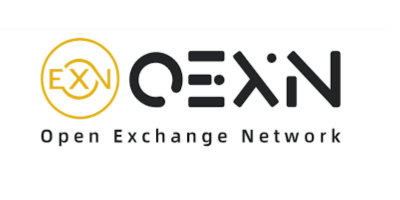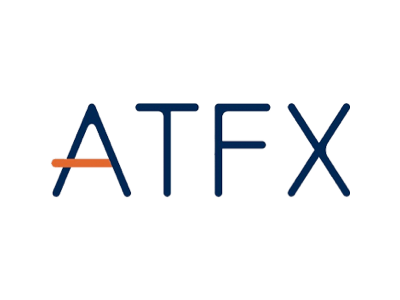Legendary short seller Michael Burry — made famous by The Big Short for correctly predicting the 2008 housing market collapse — has taken action again as tech stocks reach record highs.

According to a legal filing published on November 3, Burry’s investment fund, Scion Asset Management, purchased over $1 billion worth of put options against two leading tech companies, Nvidia and Palantir, during the quarter ending September 30.
A put option is a contract that allows the buyer to profit when a stock’s price falls. At the same time, Scion also took call option positions on Pfizer and Halliburton.
In recent weeks, Burry has posted cryptic warnings on social media about potential market dangers. “Sometimes, we see bubbles,” Burry wrote on X (formerly Twitter). “Sometimes, something needs to be done about it. Sometimes, the only winning move is not to play.”
On November 3, he shared three charts — one from Bloomberg illustrating how the AI boom is being driven largely by partnerships involving Nvidia and OpenAI. Another chart showed similarities between current tech capital expenditure growth and patterns seen during the dot-com bubble of the early 2000s.
This is not the first time Burry has bet against Nvidia. His fund had previously disclosed put positions on the chipmaker earlier this year while liquidating most of its equity holdings.
Notably, while earlier filings stated that those put options “might serve as hedges for undisclosed long positions,” the most recent report made no mention of such hedging.
Palantir CEO Alex Karp pushed back strongly against Burry’s move during an interview with CNBC:
“It’s strange that the two companies he chose to short are actually the ones making the most money,” Karp emphasized. “The idea of shorting chips and data platforms is completely crazy. In essence, he’s betting on the collapse of AI — and that means Nvidia and us.”
Burry is not alone in sounding alarms about the AI industry, which has seen record spending but limited profitability. The Nasdaq fell more than 2% on November 4, while the S&P 500 dropped 1.17%. Tech stocks led the decline, with Palantir plunging 16% after its November 3 earnings report — despite beating revenue expectations.
“The results were good, but the market was disappointed by the company’s lack of clear visibility through 2026,” noted Jim Reid of Deutsche Bank in a memo to investors.
The sharp market selloff on November 4 also followed warnings from the CEOs of Goldman Sachs and Morgan Stanley about an impending major correction. At the Global Financial Leaders’ Investment Summit in Hong Kong, Goldman Sachs CEO David Solomon said there’s a possibility of a 10% to 20% drop in stock markets over the next 12 to 24 months.
Morgan Stanley CEO Ted Pick agreed:
“We should welcome 10% to 15% pullbacks — as long as they’re not driven by some major macro event.”
Scion Asset Management did not respond to Fortune’s request for comment.

















Leave a Reply